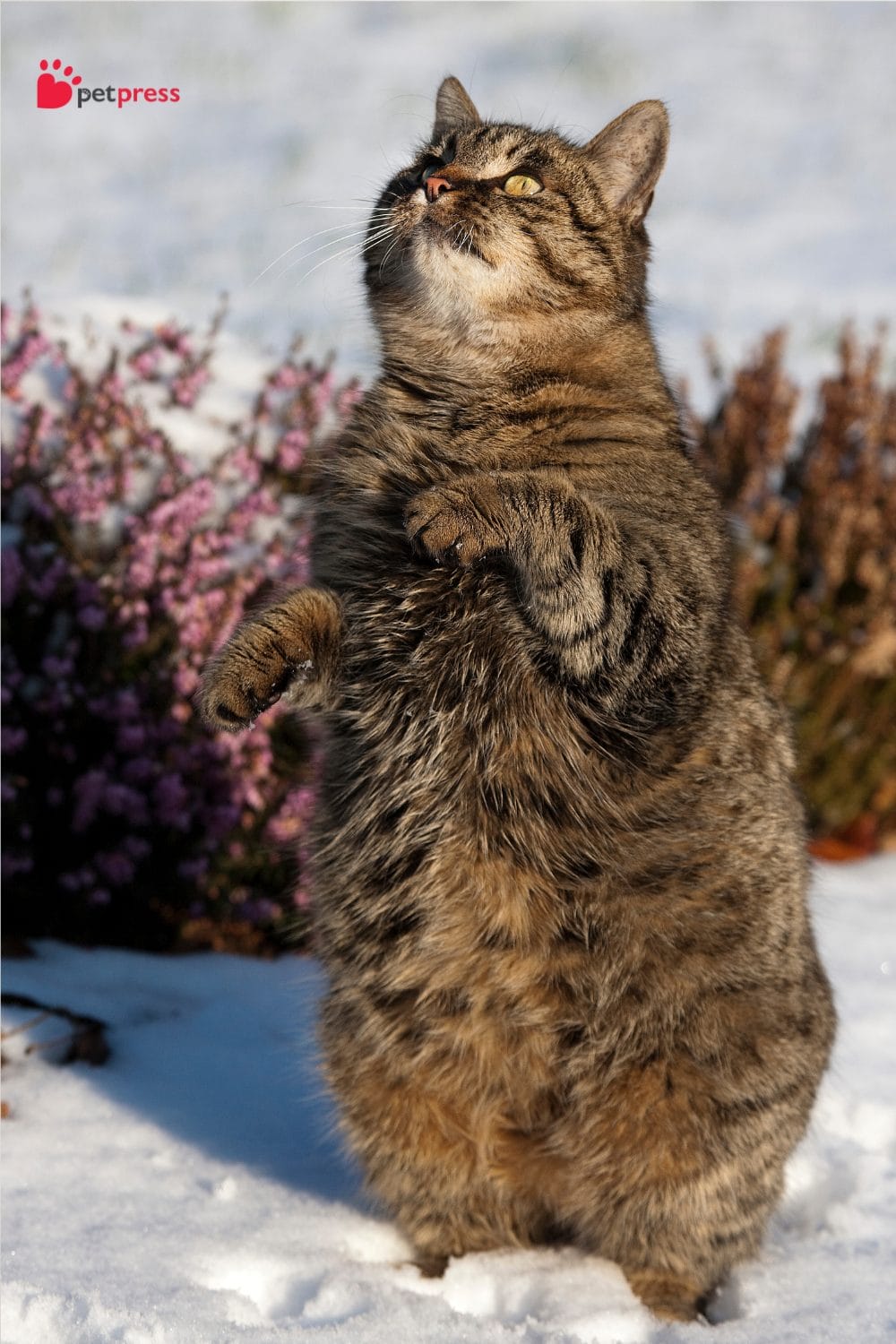
As the seasons change, the days get shorter. This shift means less daylight, which can really change how our pets feel. It’s not just humans who can get a little down when there’s less sunshine; our furry friends can too. Shorter days affect pet moods more than you might think.
Seeing your pet less playful or more sleepy might be a sign they’re feeling the effects of shorter days. In this post, we’ll explore how less daylight impacts your pet’s mood and what signs to look out for. It’s important to understand these changes so we can help keep our pets happy all year round.
Understanding Pet Behavior and Light Exposure
Light plays a crucial role in the daily lives of our pets, much like it does for us. Pets need enough daylight to stay active and healthy. When the days get shorter and darker, it can affect their energy levels and overall mood. This is because light directly influences their natural routines and activities.
The simple science behind this involves something called the circadian rhythm, which is kind of like an internal clock for animals. This clock helps pets know when it’s time to wake up, sleep, eat, and play. Sunlight helps to keep this clock accurate.
Without enough light, their internal clocks can get out of sync, which might make them feel out of sorts or more sluggish than usual. Understanding this can help us see why maintaining a consistent light environment is important, especially when natural light is scarce during shorter days.

Signs That Shorter Days Are Affecting Your Pet
As the days become shorter, you might notice some changes in your pet’s behavior. These can be subtle, so it’s good to know what to look for. Here are some common signs that the lack of daylight might be affecting your furry friend:
- Less energy: If your pet seems unusually tired or lacks their normal enthusiasm for activities, shorter days might be taking a toll. They may nap more often or show little interest in going outside.
- Changes in sleep patterns: Just like humans, pets can struggle with their sleep during shorter daylight hours. Your dog or cat might sleep more than usual or have trouble settling down at night.
- Less interest in playing: A decrease in playfulness is another sign. If your usually playful pup or kitten starts to ignore their toys or doesn’t want to engage in games, the decrease in daylight could be affecting them.
Each pet is unique, and their reactions to changing seasons can vary. Paying close attention to these signs can help you provide the right support for your pet during the shorter days of the year.
Why Some Pets Get Sad in Winter
Just like people, pets can feel the winter blues too. In humans, this is often called Seasonal Affective Disorder (SAD), a type of depression that comes and goes with the seasons, mainly starting in the late fall and early winter. Pets might experience similar feelings when the days get shorter and darker.
The key to understanding this lies in sunlight’s effect on the brain. Sunlight helps produce serotonin, a chemical that boosts mood and helps us feel calm and focused. During shorter days, both humans and pets receive less sunlight, which can lead to a drop in serotonin levels. This decrease can make pets feel more sluggish, less playful, and sometimes even sad.
Recognizing these changes can help us support our pets through the darker months, ensuring they stay happy and healthy year-round.

Tips to Boost Your Pet’s Mood During Shorter Days
As the daylight dwindles, keeping your pet cheerful can be a challenge. Here are some straightforward tips to help elevate your pet’s spirits:
- More indoor lighting during the day: To mimic the effects of natural sunlight, increase the amount of indoor lighting. This can help maintain your pet’s serotonin levels, keeping them happier and more active.
- Keeping a regular schedule: Pets thrive on routine. Try to keep their feeding, walking, and playtimes consistent, even when the daylight shifts. This regularity helps stabilize their internal clocks and keeps anxiety at bay.
- More interactive playtime: Since outdoor activities might be cut short, engage more with your pet indoors. Try puzzle toys, teach new tricks, or simply spend more time playing together. This not only entertains your pet but also strengthens your bond.
Implementing these simple tips can make a big difference in your pet’s mood during the shorter days of the year.
“As daylight diminishes, it’s crucial to supplement the reduced sun exposure that is essential for maintaining your pet’s mood. Implementing extra indoor light and maintaining an active engagement can prevent the common seasonal lethargy seen in many pets. It’s about adjusting our patterns to meet their natural needs.”
Dr. Emily Carter, a renowned veterinarian, on the importance of adapting our pet care strategies with the seasons
Conclusion
As we’ve explored, the impact of shorter days on pet moods can be significant, and being mindful of these changes is essential for any pet owner. Just as we adjust our own routines to cope with less daylight, it’s important to tweak our pet care practices to support our furry friends through these seasonal shifts. Recognizing the role of light in regulating mood and activity levels in pets helps us provide them with a more comfortable and stimulating environment.
Keep an eye out for any changes in your pet’s behavior that may indicate they’re struggling with the shorter days. It might be less energy, changes in their sleep patterns, or a decreased interest in play. These signs can tell you a lot about how your pet is feeling.
Lastly, always respond to these changes with love and care. Adjust their environment, engage more with them, and ensure they have a routine they can rely on. Remember, a little extra light and a lot of extra love can go a long way. Let’s make sure our pets enjoy every season with happiness and health, no matter how short the days get.

FAQs
Not all pets react the same way; some may show clear signs of mood changes while others might not be as affected. It varies with each individual animal.
Yes, increasing indoor lighting can mimic natural sunlight and help maintain your pet’s circadian rhythm, positively impacting their mood.
Full-spectrum light bulbs that mimic natural sunlight are often recommended as they can provide similar benefits as direct sunlight.
Generally, no changes are necessary unless advised by a veterinarian. However, ensure they have a balanced diet to support overall health.
If your pet continues to seem lethargic or unhappy, it may be wise to consult a veterinarian. They can provide further guidance and check for other health issues.
- Does Cat Litter Melt Ice? The Complete Guide to Winter Safety - January 30, 2026
- Happy Tail Dogs: Understanding This Common Canine Condition - January 29, 2026
- How Cold Can Outdoor Cats Handle? Feline Winter Safety - January 27, 2026


GIPHY App Key not set. Please check settings